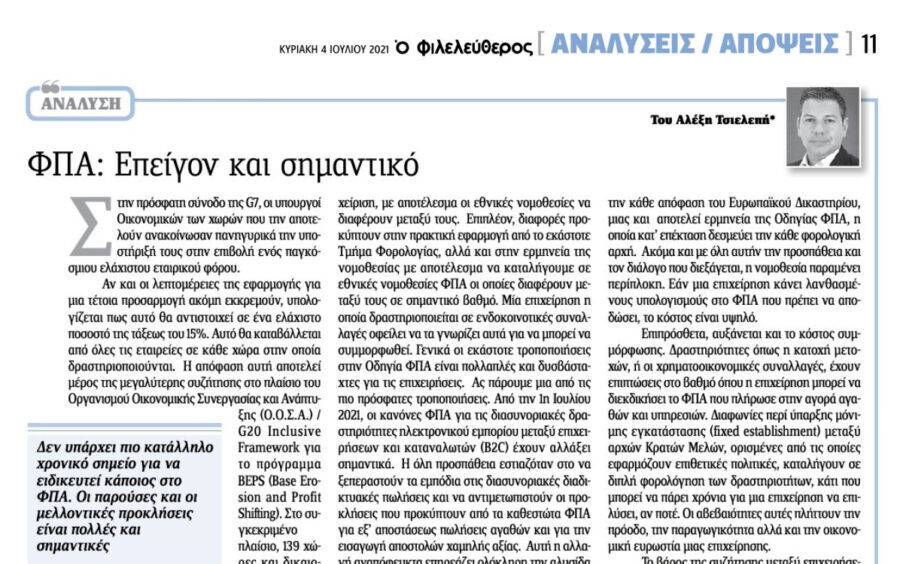Nicosia - Cyprus plans to reopen its airports with a colour-coded health risk assessment system from 1 March 2021, applicable to travellers from many of its main tourism markets and the European Union. The island has adopted a traffic-light system for EU member states and third countries such as Britain, Russia and Israel that are among its main feeder markets. In an announcement earlier this week, the Ministry of Transport said that the existing category system will be replaced by the same traffic-light system adopted by the European Centre for Disease Control (ECDC), whereby countries are classed as green, orange or red, with an added grey category for arrivals requiring a special permit. EU member states and countries in the European Economic Area (Iceland, Liechtenstein, Norway) including Switzerland, will be sorted into the green, orange or red categories according to their epidemiological data. In addition, the Ministry of Health will be evaluating data from third countries (United Kingdom, Russia, Ukraine, Israel, Lebanon, United Arab Emirates, Jordan, Saudi Arabia, Egypt, Belarus) as well as those flagged by the ECDC as third countries to determine the category in which they should be classified. From 1 April, Serbia, Qatar, Bahrain, United States, Armenia and Georgia will be added to the list. Countries not included in the above list will be placed in the grey category. In simple terms, the new system will roughly correspond to the A-B-C system currently in place in Cyprus. The new categories, which will go into effect on March 1, are as follows: Green Category This category will include countries deemed low-risk by the health ministry according to their epidemiological data. From March 1-31, passengers coming from countries in the Green category will be entitled to a free PCR laboratory test on arrival covered by the government. From April 1, there will be no restrictions. Orange Category Passengers coming from countries in the orange category will be required to have a laboratory test within 72 hours before departure and to have a certificate proving a negative PCR test. Red Category Passengers flying from countries in the red category will be required to have a PCR test up to 72 hours prior to their departure for Cyprus, and will need to undergo a second PCR test upon arrival. No self-isolation will be required for those with negative results. Grey Category This category will concern countries not included on ECDC lists and those with unreliable epidemiological data. Individuals coming from countries in the grey category will need to obtain a special permit to enter Cyprus. They would also be required to enter compulsory self-isolation in accordance with the ministry of health’s instructions. Cypriot citizens, persons lawfully residing in the Republic of Cyprus and European citizens will be exempt from having to obtain a permit if flying from a country in this category. The Ministry of Transport also announced this week that it was extending until March 31 the mandatory seven-day quarantine of arrivals from the United Kingdom at a facility under…











